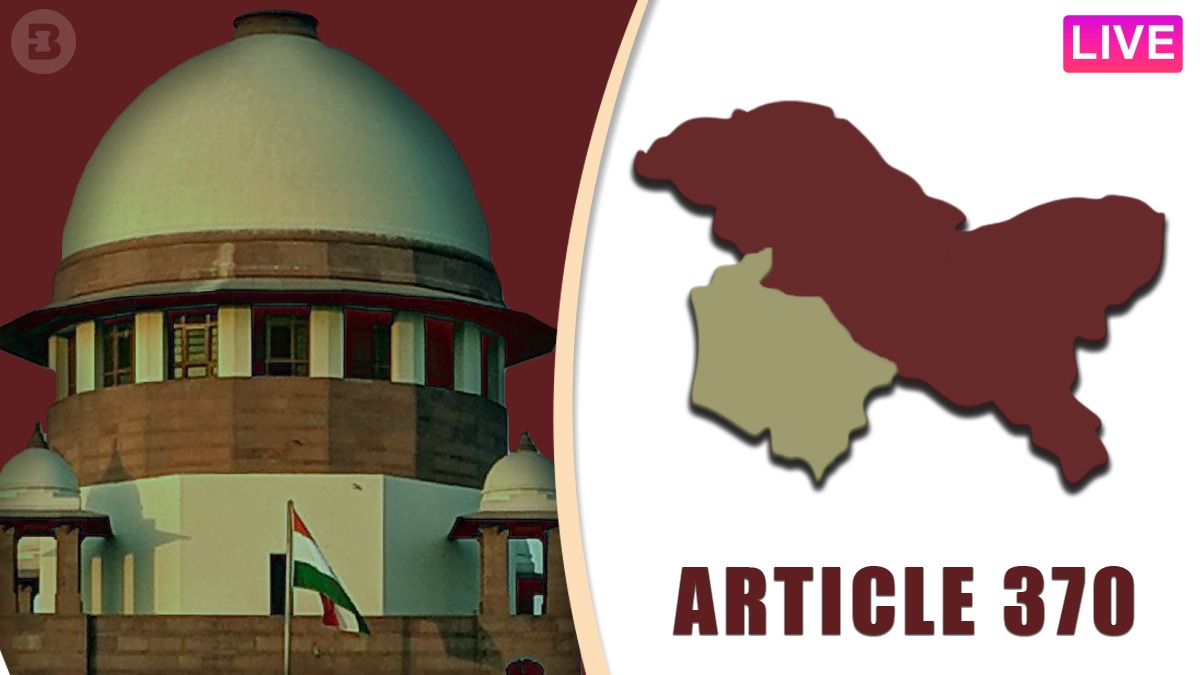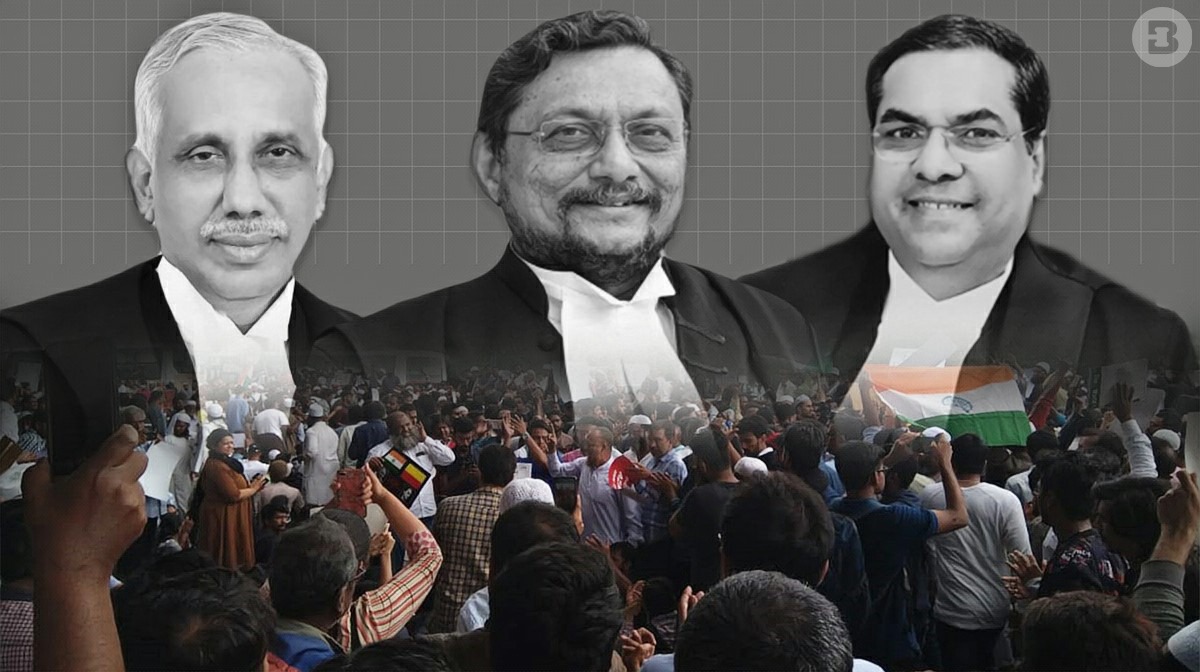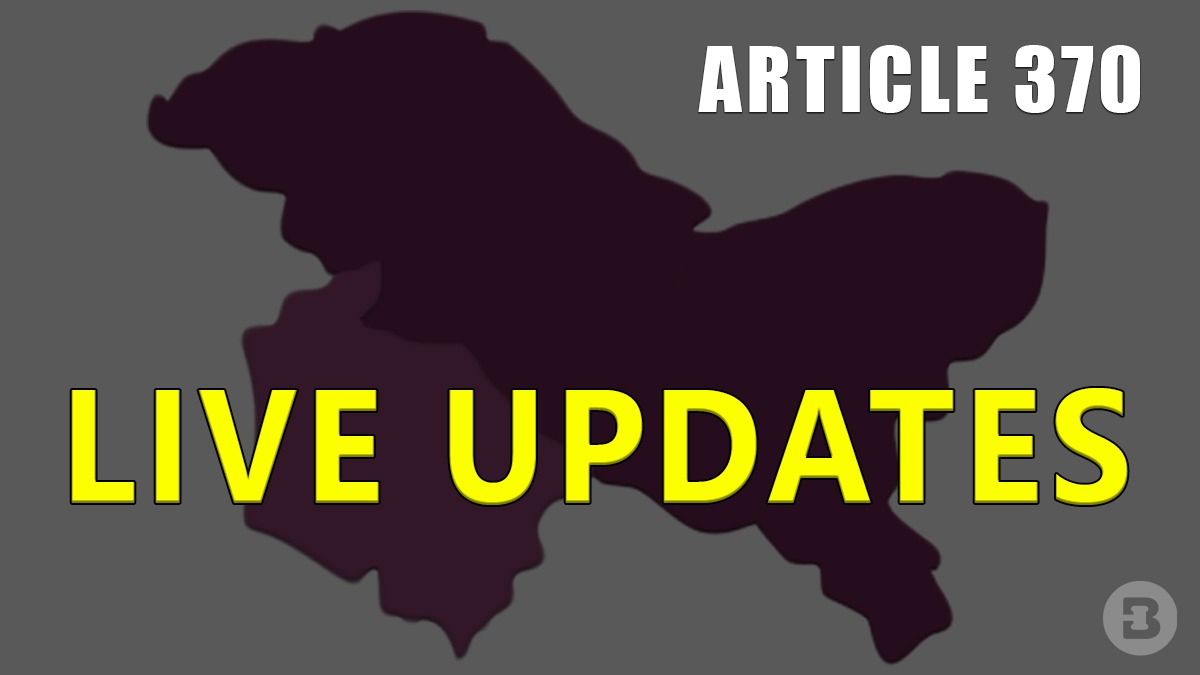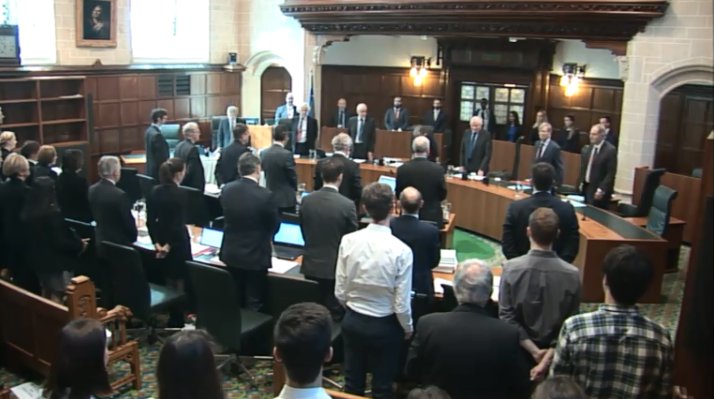Yesterday, Senior Advocate Zafar Ahmed Shah argued for the Petitioners. He will continue his submissions today.
#Kashmir #Article370
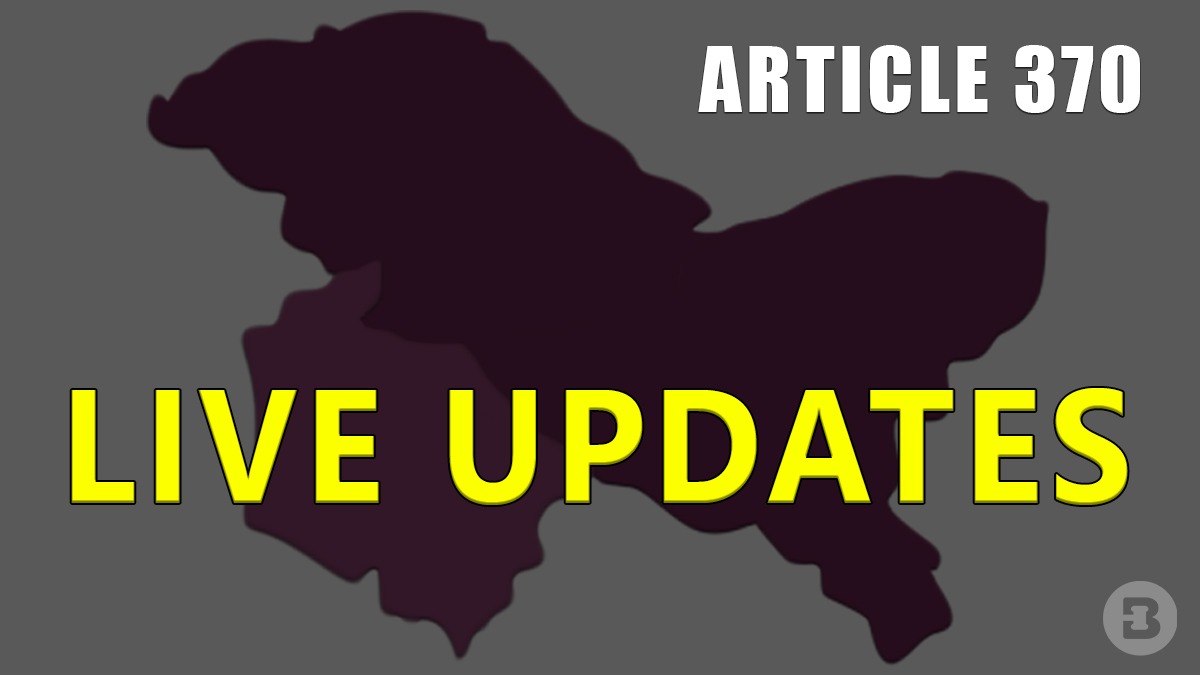
Shah answers - Substantially no.
#Kashmir #Article370
#Kashmir #Article370 #SupremeCourt
#Kashmir #Article370 #SupremeCourt
#Kashmir #Article370 #SupremeCourt
#Kashmir #Article370 #SupremeCourt
#Kashmir #Article370 #SupremeCourt
#Kashmir #Article370 #SupremeCourt
#Kashmir #Article370 #SupremeCourt
#Kashmir #Article370 #SupremeCourt
#Kashmir #Article370 #SupremeCourt
He starts with a reading of Article 370 of the Constitution of India.
#Kashmir #Article370 #supremecourtofindia #SupremeCourt
“On October 25, 1947, the Maharaja signed an Instrument of Accession with India which had then become an Independent Dominion”.
#Kashmir #Article370 #supremecourtofindia #SupremeCourt
#Kashmir #Article370 #supremecourtofindia #SupremeCourt
#Kashmir #Article370 #supremecourtofindia #SupremeCourt
#Kashmir #Article370 #supremecourtofindia #SupremeCourt
#Kashmir #Article370 #supremecourtofindia #SupremeCourt
“It is thus clear that the State of Jammu & Kashmir has no vestige of sovereignty outside the Constitution of India and its own Constitution, which is subordinate to the Constitution of India.”
#Kashmir #Article370 #SupremeCourt
#Kashmir #Article370 #SupremeCourt
SG Tushar Mehta begins his submissions. He says that he shall apprise the Court on behalf of J&K.
#Kashmir #Article370 #SupremeCourt
Further, SG says that Central Board of Dawoodi Bohra case clarifies the aspect of reference to larger Benches.
#Kashmir #Article370 #SupremeCourt
Rajeev Dhavan interjects: “Politicial statements are not welcome.”
#Kashmir #Article370 #SupremeCourt
#Kashmir #Article370 #SupremeCourt
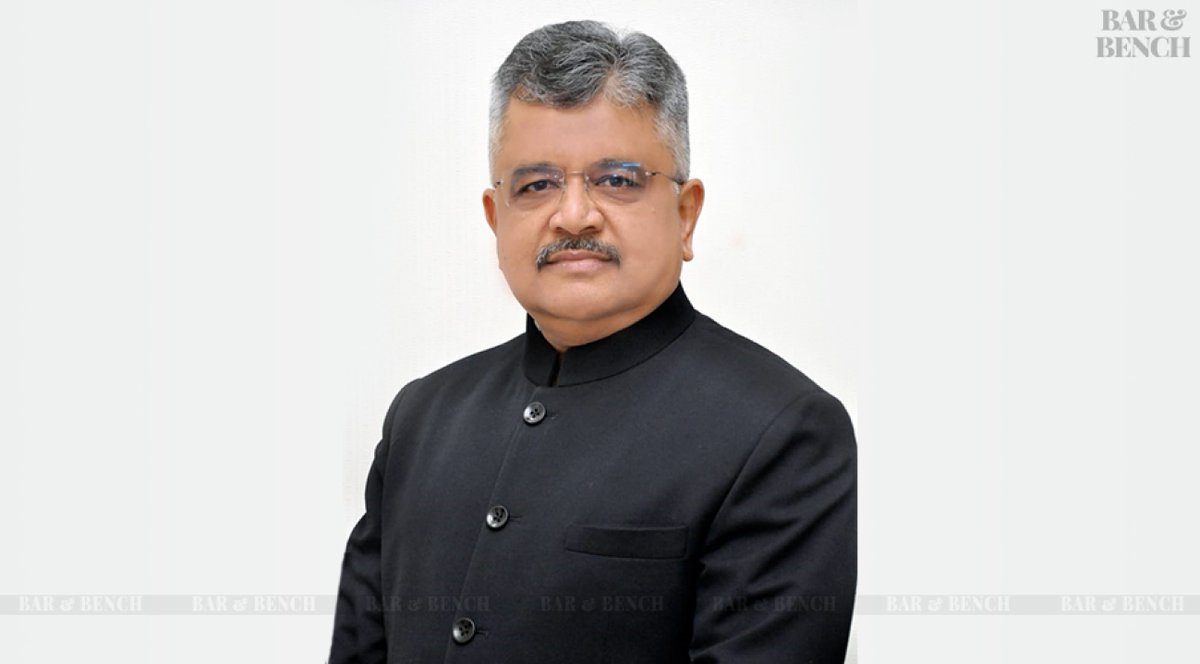
#Kashmir #Article370 #SupremeCourt
Justice Kaul - “We heard Mr. Shah on history. We had to hear the AG as well”.
#Article370 #Kashmir #SupremeCourt
#Article370 #Kashmir #SupremeCourt
#Article370 #Kashmir #SupremeCourt
#Article370 #Kashmir #SupremeCourt
#Article370 #Kashmir #SupremeCourt
SG interjects, says what Dhavan is saying is irrelevant.
Dhavan replies. “If AG could bring Nehru in his historical trip, I can surely show milords a map. I do not have to take your permission.”
#Article370 #Kashmir #SupremeCourt
Dhavan says that a great state is in occupation of two powers and has been dismembered into Union Territories.
#Article370 #Kashmir #SupremeCourt
#Article370 #Kashmir #SupremeCourt
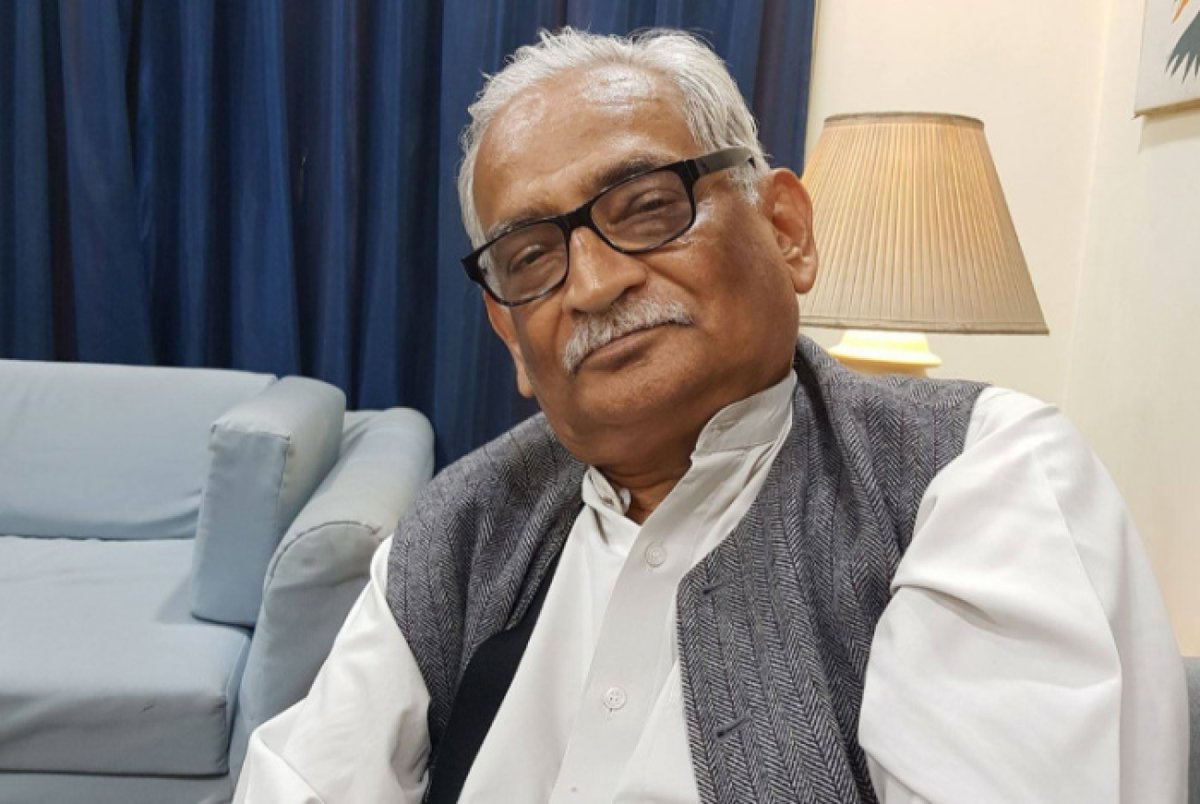
The question of reference therefore does not arise, he adds.
#Article370 #Kashmir #SupremeCourt
He contends that the amendment must submit to the Basic Structure argument.
#Article370 #Kashmir #SupremeCourt
#Article370 #Kashmir #SupremeCourt
Further, he contends that Article 370 and its modification was to be in concurrence with the Constituent Assembly.
#Article370 #Kashmir #SupremeCourt
“Why was the custodianship of Jammu & Kashmir taken away?”
He adds that there was “no hand of God” which may justify this and no book and no legal provision can effectively illustrate this.
#Article370 #Kashmir #SupremeCourt
The Bench grants it and rises for lunch.
#Article370 #Kashmir #SupremeCourt
He states that he appears in the petitions filed for Mohd. Yusuf Tarigami, amongst others.
#Article370 #Kashmir #SupremeCourt
He reiterates that there is no need for a reference of the current issue to a larger bench.
#Article370 #Kashmir #SupremeCourt
However, they are not so wide so as to refer the questions of law to a larger Bench, he adds.
#Article370 #Kashmir #SupremeCourt
With this, he concludes, emphasising on the Basic stucture model.
#Article370 #Kashmir #SupremeCourt
He says that Article 370(3) could only be called upon between 1951 to 1957. This was reiterated in the PN Kaul Judgment. The Constituent Assembly has to be operative for invocation, he argues.
#Article370 #Kashmir #SupremeCourt
#Article370 #Kashmir #SupremeCourt
He puts forth a question to the Court:
“All the Articles of the Constitution of India are amendable. Does that mean they are all temporary? In my humble submission, they are not", Dwivedi adds.
#Article370 #Kashmir
Justice Kaul: You need to solve this amongst yourselves!
#Article370 #Kashmir #SupremeCourt
The question which is relevant here is whether the entire Executive order of the Constitution of J&K can be wiped out by Article 370, he adds.
#Article370 #Kashmir #SupremeCourt
One cannot touch the other, he adds.
#Article370 #Kashmir #SupremeCourt
With this, he concludes his submissions.
#Article370 #Kashmir #SupremeCourt
Parikh reads excerpts of Constituent Assembly debates.
#Article370 #Kashmir #SupremeCourt
Dwivedi says “The words "sheer madness" have been used to describe us.”
#Article370 #Kashmir #SupremeCourt
Justice Ramana says that the Bench needs to decide the preliminary issue.
The Bench reserves orders on the issue of reference and rises.
#Article370 #Kashmir #SupremeCourt
bit.ly/2RhQzOn


